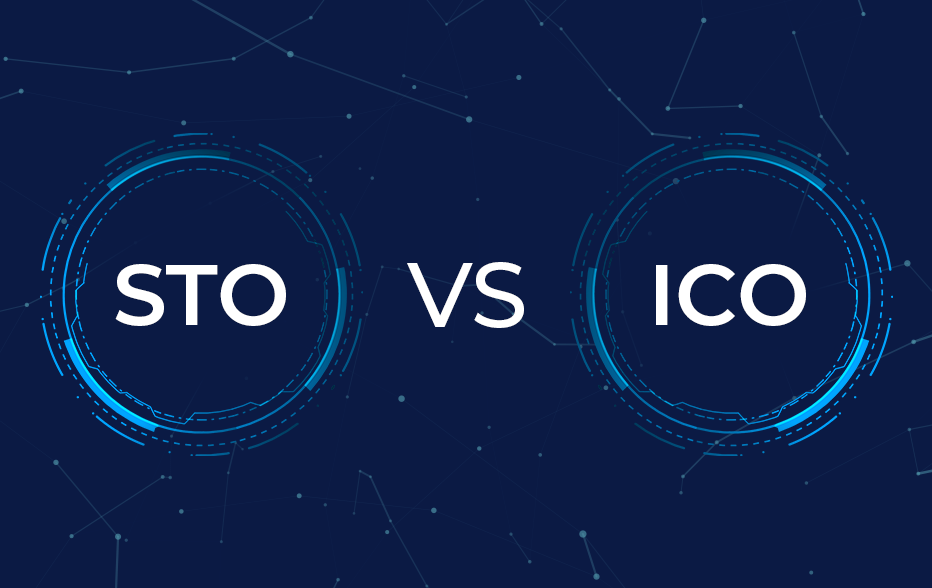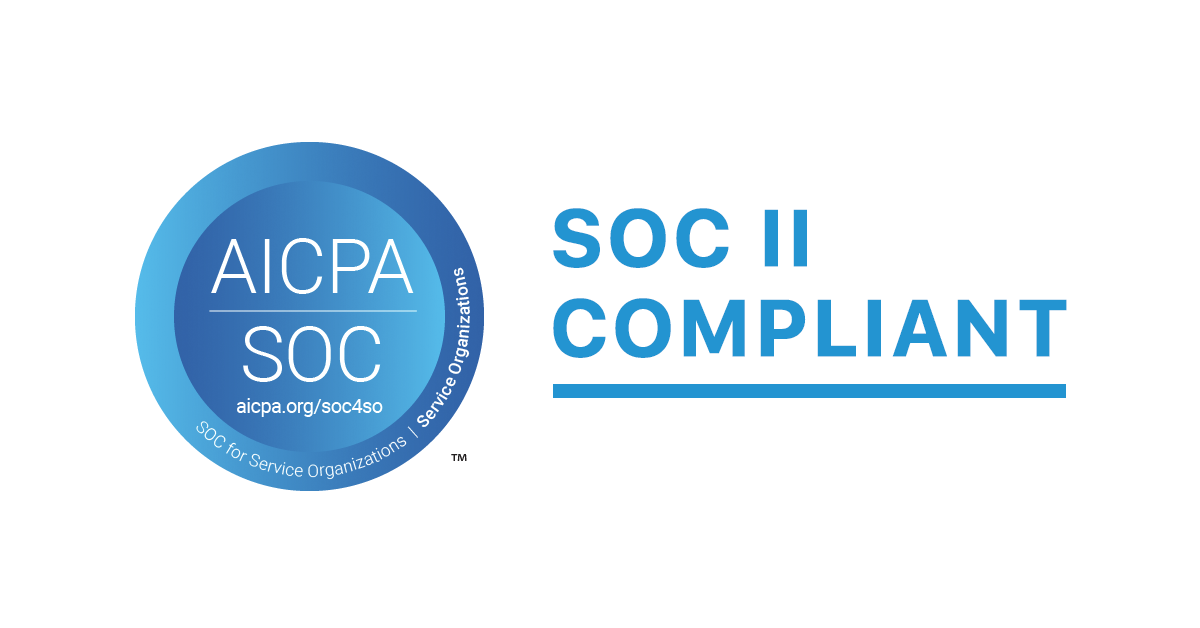An introduction to Reg D and Reg S Security Token Offerings

Ask a room of CEOs what is the most crucial part of running a successful business, and you’ll probably find a few mentioning the importance of raising capital to drive growth. Raising capital is essential to grease the wheels of any business, and allow companies to expand their operations. For generations, companies had a choice between raising venture funding from accredited investors or going public in a long and complex IPO process. Today, thanks to the security token and exemptions offered by the US Securities and Exchange Commission (SEC) companies can now access funding from both public and private investors in a compliant manner. Security token offerings (STOs) leveraging SEC exemptions like Reg D and Reg S can combine the benefits offered by blockchain technology, such as the ability to transfer and hold tokens representing ownership, with the peace of mind associated with compliant financial instruments and a path to possible liquidity in the secondary market for their investors.
What compliant routes can companies take to raise money through security tokens?
Security tokens and the entire digital asset space are fairly new, and as such, regulation continues to evolve around the world. In the United Stares, the SEC has made it clear that tokens are no different than any other asset in that they will be classified as a security if they meet the criteria set out in the Howey Test. According to the Howey test, any investment contract that contains an expectation of profit from the efforts of others could be classified as a security. The SEC has made it clear on a number of occasions that most tokens are actually securities.
Therefore, it’s important for potential token issuers to understand the paths they can take to offer compliant security tokens. One way to do so is by registering for a full public offering with the SEC, which involves publishing a full prospectus and adhering to strict disclosure requirements and ongoing reporting. Going for a full IPO is a costly endeavor for small and mid-sized companies, as it involves substantial legal, accounting, and reporting expenses.
That’s where registration-exempt offerings come in. Companies can take advantage of the various SEC exemptions to issue tokens and raise capital from retail and institutions without having to go through the entire IPO process. Two of the more commonly used exemptions are Reg D and Reg S.
What is a Reg D Exemption?
“Reg D” refers to Regulation D of the U.S. Securities and Exchange Commission (SEC), which provides exemptions from the registration requirements of the Securities Act of 1933 for certain types of offerings of securities. In other words, it provides a way for companies to raise capital without having to register their securities with the SEC.
The most commonly used exemptions under Reg D are Rules 504, 505, and 506. These rules allow companies to offer and sell securities to “accredited investors” (generally, wealthy individuals) without having to register the securities with the SEC. The rules also impose limitations on the amount of investors in the offering and the type of investors who may participate.
What is a Reg S Exemption?
“Reg S” refers to Regulation S of the U.S. Securities and Exchange Commission (SEC), which provides exemptions from the registration requirements of the Securities Act of 1933 for certain offerings of securities outside the United States. Reg S is designed to allow companies to offer and sell their securities to foreign investors without having to register the securities with the SEC under a Reg ‘S’ offering,

What do you need to do a Reg S or Reg D token offering?
Securities offerings held under the Reg S or Reg D exemptions are known as private placements. Before undertaking a private placement, potential issuers should have two key documents prepared, a private placement memorandum (PPM) and a subscription agreement.
A private placement memorandum (PPM) is a detailed disclosure document that provides potential investors with important information about the company, the offering, and the risks involved in investing in the securities being offered. The PPM typically includes information such as the company’s business plan, financial statements, the terms and conditions of the offering, the use of proceeds, a description of the risks associated with investing in the securities being offered and other crucial disclosures.
A subscription agreement is a legal contract between an investor and a company that outlines the terms and conditions of a private placement of securities. It typically includes information such as the type and number of securities being purchased, the purchase price, the payment terms, the delivery date, and any restrictions on the transfer of the securities.
It’s important to note that composing both a PPM and a subscription agreement involves legal complexities and should be done with the help of legal counsel.
Innovation Meets Regulation
In just over a decade, digital assets have evolved from the fringes of the internet to become a bona fide asset class and the flag bearers for the next frontier of finance. Forward-thinking companies are discovering the potency of raising capital through security token offerings, which combine the best of digital and traditional finance. Business owners looking to leverage security tokens must be well-versed in the regulatory framework in which they operate. INX is proud to operate at the forefront of digital asset regulation and to share our expertise with potential security token issuers.
David Azaraf February 15, 2023
Crypto enthusiast, help businesses plug into the token economy





